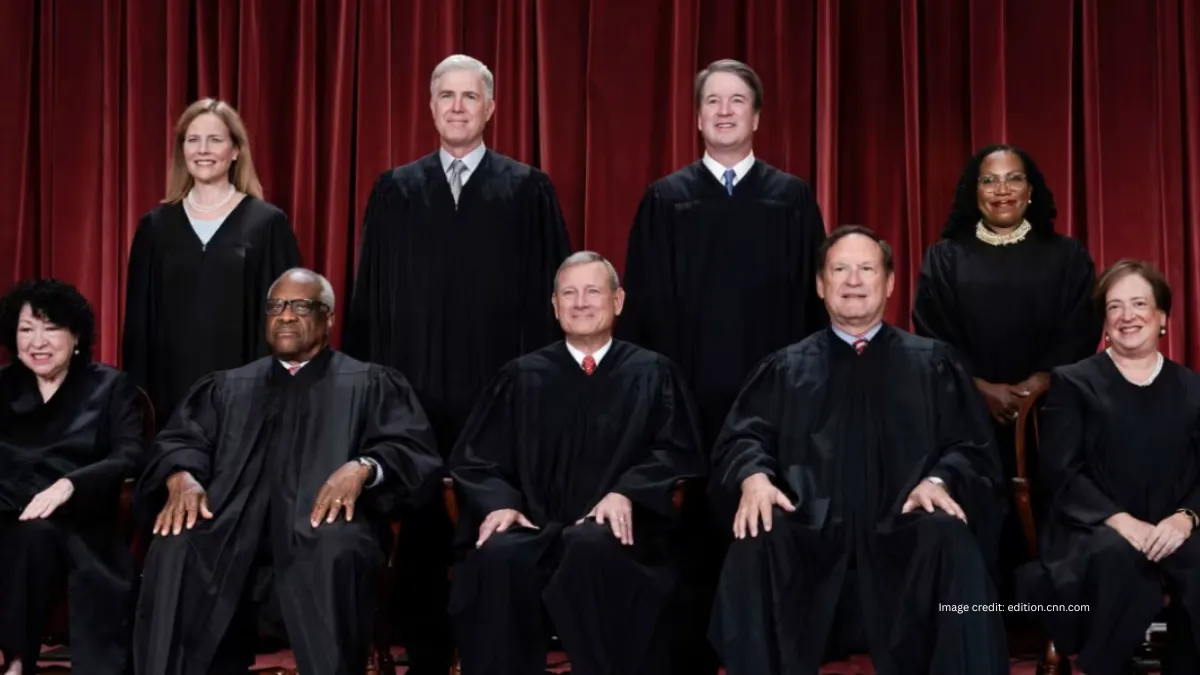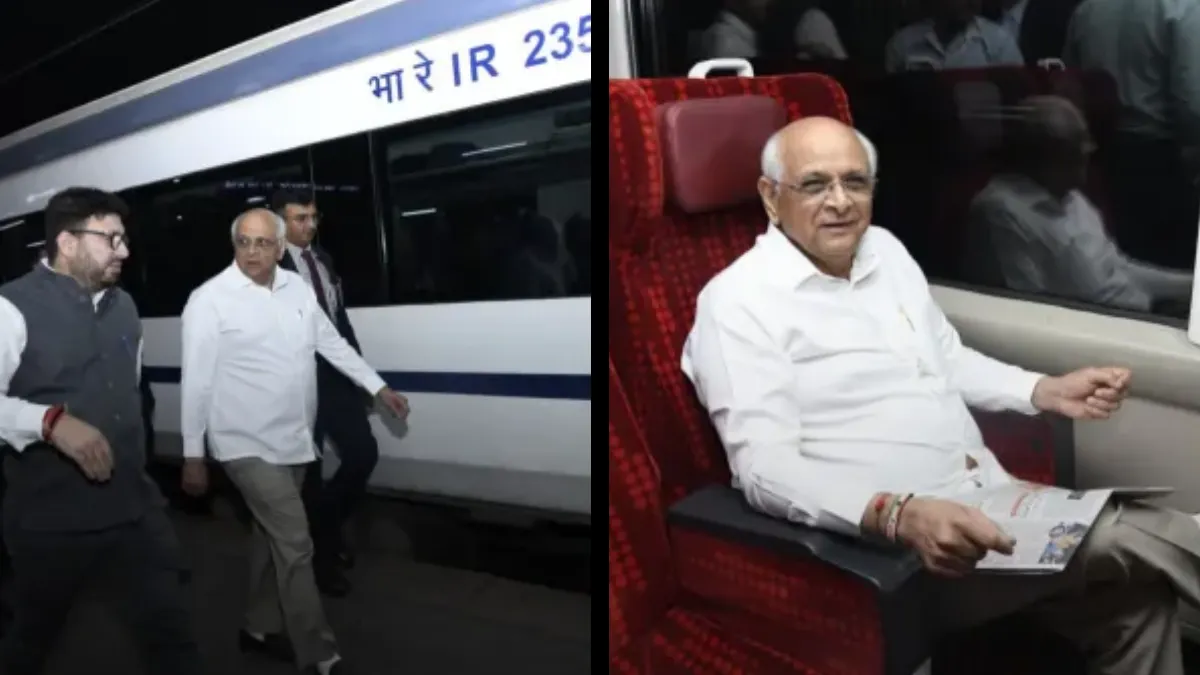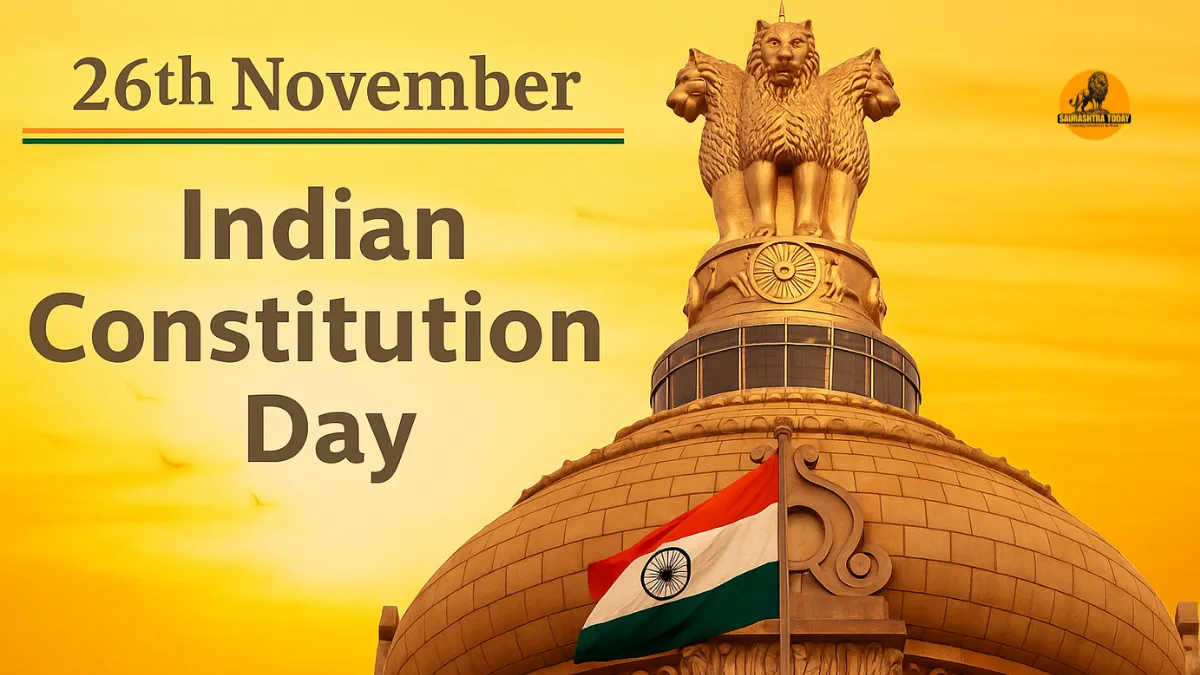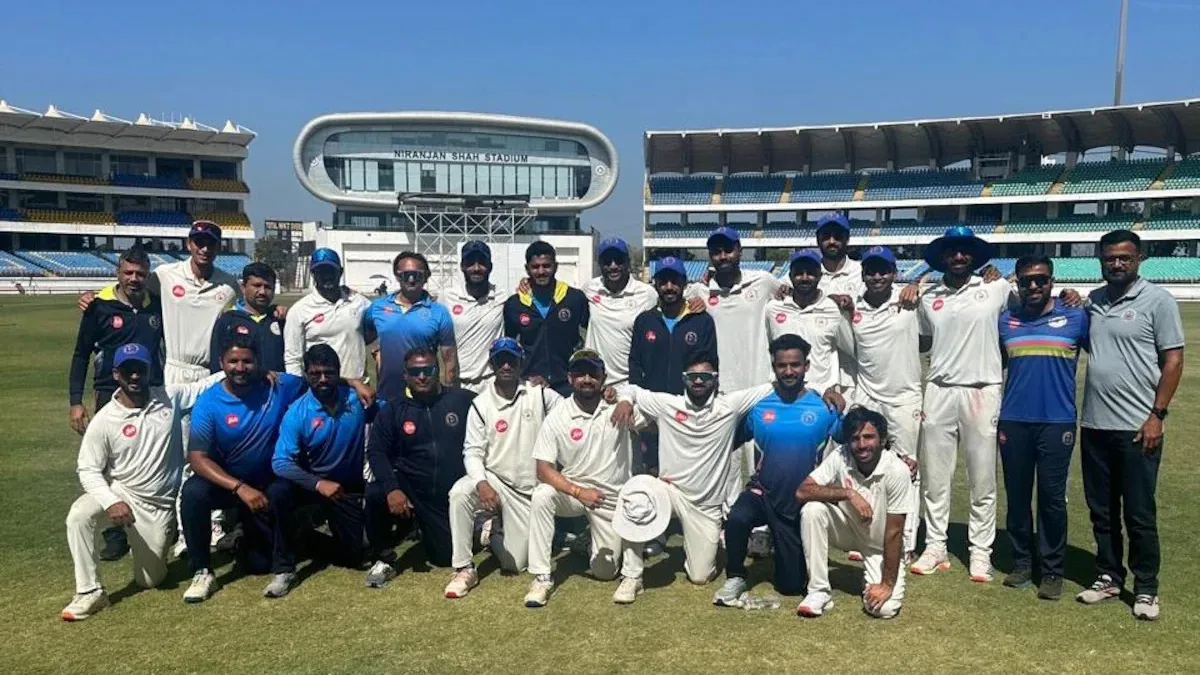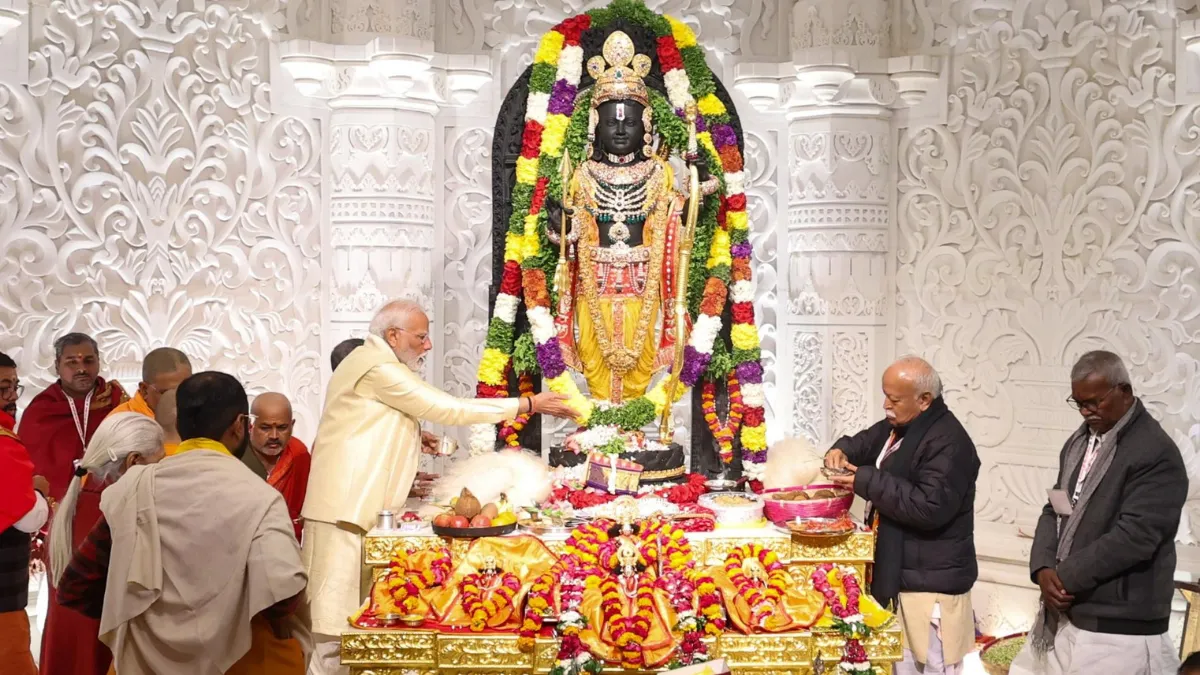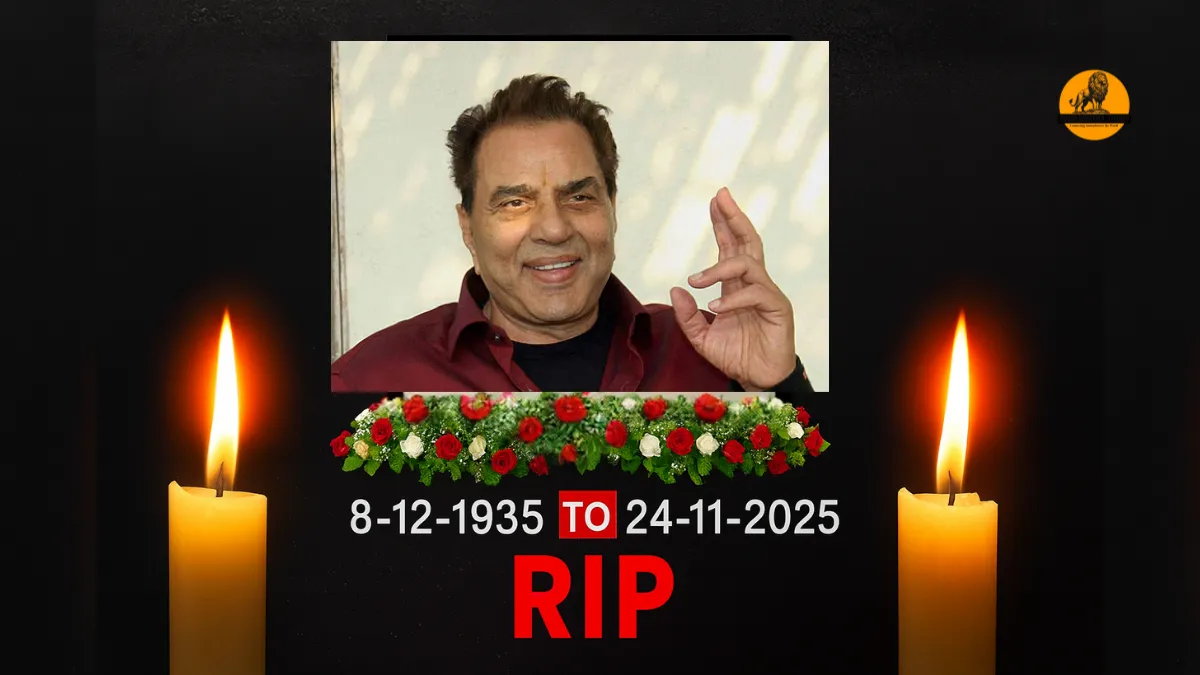A Landmark Showdown Over Voting Rights
The United States Supreme Court on Wednesday began hearing oral arguments in the Louisiana redistricting case hearings, a pivotal moment that could significantly alter how the Voting Rights Act of 1965 is interpreted and enforced.
The case, officially titled Louisiana v. Callais, centers on whether the state of Louisiana was justified in creating a second majority-Black congressional district after the 2020 Census. At stake is not just one state’s political map but the strength of protections against racial discrimination in elections across the country.
Voting rights advocates and political analysts alike are calling this one of the most consequential redistricting cases in decades — one that could reshape the balance of power in Congress and redefine how race is considered in American democracy.
Why the Louisiana Case Matters Nationally
While the dispute is focused on Louisiana, its outcome will have nationwide implications. Voting rights organizations have warned that if the Supreme Court weakens the Voting Rights Act in this case, it could lead to a rollback of minority political representation in numerous states.
Such a ruling could embolden Republican-led legislatures to redraw maps that reduce the number of majority-minority districts — districts in which racial or ethnic minorities make up the majority of voters.
Critics say that could result in a “re-segregation” of political representation, undoing decades of progress since the Civil Rights era. They warn that local governments — from school boards to city councils — could once again become dominated by white majorities even in diverse communities.
Inside the Supreme Court Hearings
During Wednesday’s Louisiana redistricting case hearings, the Supreme Court’s conservative majority expressed clear skepticism toward the state’s second Black-majority district.
The district, which elected Rep. Cleo Fields, a Democrat, was drawn after a lower court found Louisiana’s earlier map likely violated the Voting Rights Act. But the conservative justices seemed unconvinced that a second Black-majority district was legally required.
Justice Brett Kavanaugh, seen as the swing vote in this case, played a central role in questioning. Notably, Kavanaugh was also the deciding vote in a 2023 Alabama redistricting case that upheld a key provision of the Voting Rights Act.
This time, however, his tone was markedly different. Kavanaugh suggested doubts about whether the Act can continue to mandate the creation of “remedial” majority-minority districts indefinitely. He referred to previous court rulings warning that race-based districting can place the nation on a “dangerous course.”
A Shift From Previous Precedents
Chief Justice John Roberts, who also sided with the liberals in the 2023 Alabama case, appeared to draw a distinction between that decision and the one now before the Court. Roberts’ questions hinted that he may not view the Alabama ruling as controlling precedent in the Louisiana case.
The court’s liberal justices, meanwhile, strongly defended the purpose of the Voting Rights Act. They emphasized that the law was enacted in 1965 to eliminate the racial discrimination that had long prevented African Americans from exercising their right to vote.
Justice Ketanji Brown Jackson and others questioned whether the arguments presented by Louisiana — and previously supported by the Trump administration — would effectively raise the burden of proof for minority voters to demonstrate racial discrimination in district maps.
Kavanaugh and the Conservative Majority’s Concerns
Justice Kavanaugh’s line of questioning underscored two main concerns. First, he questioned whether the Voting Rights Act was intended to require the perpetual maintenance of race-based districts. Second, he echoed past court opinions suggesting that any race-conscious government action must have a defined endpoint.
This view mirrors the court’s rulings in other areas, such as affirmative action in college admissions, where the justices have held that race-based measures must be temporary.
Kavanaugh and several other conservative justices appeared interested in the Trump administration’s earlier position in the Louisiana case. While that position favored Louisiana’s Republican officials over Black voters, it did so in a manner that would weaken — but not completely dismantle — the Voting Rights Act’s core protections.
This nuanced stance has led many observers to speculate that the Court could issue a narrow ruling, one that chips away at the Act’s enforcement power without overturning it entirely.
A Rare Supreme Court “Do-Over”
The Court’s decision to rehear arguments in Louisiana v. Callais is unusual. The same case was first argued in March 2024, during the Court’s previous term. But instead of issuing a decision that June, the justices announced they would revisit the matter in a new term — effectively giving it a second round of oral arguments.
Such “do-overs” are rare but not unprecedented in landmark cases. Historical examples include Roe v. Wade (first argued in 1971 and re-argued in 1972), Brown v. Board of Education (argued in 1952 and again in 1953), and Citizens United v. Federal Election Commission, which was re-argued in 2010.
These past cases all led to historic rulings that dramatically reshaped American law. The reargument in the Louisiana case signals that the justices recognize the enormous implications of their forthcoming decision.
Also read: Charlie kirk presidential medal of freedom by Donald Trump
The Broader Stakes for Voting Rights
The Louisiana redistricting case hearings arrive at a time when the Supreme Court has already narrowed key portions of the Voting Rights Act in previous decisions.
In 2013, the Court’s Shelby County v. Holder ruling invalidated the formula that required certain states with histories of racial discrimination to obtain federal approval before changing their voting laws. Since then, many civil rights advocates have warned that voting protections are eroding piece by piece.
Now, Louisiana’s case presents a new front in that ongoing struggle — one that could determine whether the Act still has real power to combat racial discrimination in political representation.
Potential Impact on the 2026 Midterm Elections
Beyond its legal implications, the Louisiana case could also shape the political landscape of the 2026 midterm elections.
If the Court rules in favor of Louisiana, it could prompt other Republican-controlled states to redraw their congressional maps in ways that reduce the number of minority-majority districts. Such moves would likely strengthen Republican representation in the U.S. House of Representatives.
Voting rights groups argue that this would have a chilling effect on minority representation, potentially “wiping out” decades of progress in ensuring diverse voices in government.
Moreover, because the case involves Louisiana — home to key Republican leaders like House Speaker Mike Johnson and Majority Leader Steve Scalise — the ruling could directly affect their political influence and the state’s balance of power.
Also read: Trump Kirk: US Revokes Visas of Six Foreign Nationals Over Social Media Comments on Charlie Kirk
The Legacy of the Voting Rights Act
The Voting Rights Act of 1965 stands as one of the most significant pieces of civil rights legislation in American history. It was passed in the wake of the Selma-to-Montgomery marches and signed into law by President Lyndon B. Johnson to ensure that African Americans could freely exercise their right to vote.
For decades, the Act has served as the legal backbone for challenging discriminatory voting practices — from voter ID laws to gerrymandered districts.
But the Court’s conservative majority has gradually chipped away at its power. A ruling in favor of Louisiana would mark another major turning point, potentially limiting the Act’s reach in the very area it was designed to protect: fair political representation.
Historical Context: Race and Redistricting in America
Redistricting battles have long reflected the country’s struggle with race and power. Following the Civil War and Reconstruction, southern states used gerrymandering and voter suppression to minimize Black political influence.
The Voting Rights Act was meant to dismantle those systems. It required states with histories of discrimination to ensure that minority voters had a fair chance to elect representatives of their choice.
But in the decades since, questions have persisted about whether using race as a factor in drawing districts is a remedy or a new form of racial classification. The Louisiana redistricting case hearings are the latest chapter in this ongoing debate — one that cuts to the heart of how America defines equality and representation.
Also read:Starship News: SpaceX Prepares for Next Major Test Flight
What Comes Next
The Supreme Court’s decision in Louisiana v. Callais is expected later this term, likely in mid-2025.
If the justices rule that Louisiana’s second Black-majority district was not required by the Voting Rights Act, it could open the door for similar challenges in other states, including Georgia, Texas, and Florida.
Such a decision could reduce minority representation in Congress and state legislatures while increasing partisan polarization in American politics.
On the other hand, if the Court upholds the lower court’s ruling in favor of the Voting Rights Act, it would reaffirm the federal government’s power to ensure racial fairness in redistricting — a major victory for civil rights advocates.
A Defining Moment for Democracy
As the Louisiana redistricting case hearings continue, the eyes of the nation remain fixed on the Supreme Court.
For many Americans, the case is about more than lines on a map. It is about whether the principles of equality and fair representation — hard-won through decades of civil rights struggle — will continue to hold meaning in a modern democracy.
The decision will not only shape the future of voting rights but will also define how the Supreme Court views race, fairness, and democracy in America’s next political chapter.
